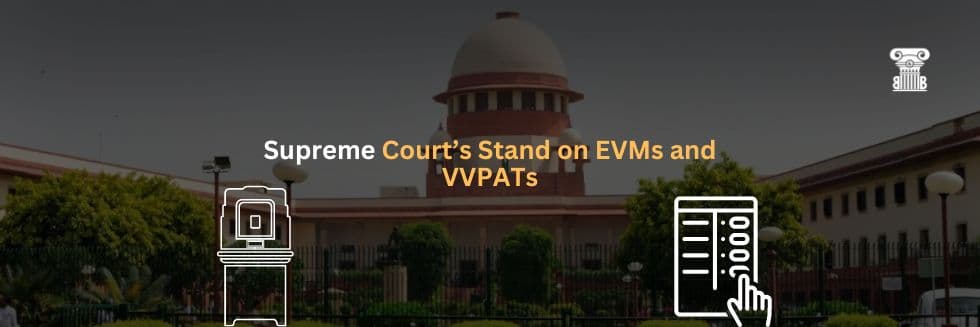The Constitution of India provides for Uniform Civil Code under Article 44 as a Directive Principle of State Policy. Article 44 states that “the State shall endeavour to secure for the citizens a uniform civil code throughout the territory of India.”
The Uniform Civil Code in India proposes to replace the personal laws based on the customs and scriptures of different religions in the country with a common set of laws governing every citizen.
Recently, the Supreme Court has made instant triple talaq illegal in India due to which the debate on personal laws is gaining attention. Should citizens be allowed to follow their personal laws or should all Indians follow a Uniform Civil Code? Personal laws basically deal with family issues such as inheritance, marriage, divorce, adoption, etc. In some cases, these personal laws are discriminatory towards women. India allows each community to practice personal laws, but these cannot violate the constitutional and fundamental rights.
Enforcing the Uniform Civil Code would have several pros and cons.
The pros include:
Equality for all citizens:
In today’s world, a secular democratic republic should have a common civil and personal law for all its citizens irrespective of their religion, class, caste, gender, race, etc.
The basic feature of Secularism:
The Preamble of our Constitution clearly states that India is a Sovereign, socialist, secular state and the citizens would enjoy real secularism only with the implementation of a Uniform Civil Code to govern all its citizens.
Gender Equality:
Personal laws of almost all religions are discriminatory towards women. Men are given preference in matters of succession and inheritance. A Uniform Civil Code would bring men and women at par.
National Integration:
Criminal and civil laws (except personal laws) are the same for all citizens. With the implementation of UCC, the same personal laws would govern all citizens. This would put an end to discrimination or concessions or privileges enjoyed by any specific community by their religious personal laws.
Controversial Issue of reform of existing personal laws
A Uniform Civil Code would help to bypass the need for amending and reform the various existing personal laws separately. Since a UCC would govern all citizens, it would put an end to the tedious task of amending the existing personal laws.
The cons relating to the implementation of UCC are:
Practical difficulties:
It is easier to talk of a UCC on paper than to implement it due to the diversity in personal matters in India across religions, sects, castes, states, etc.
Differences in culture and traditions in every community and state can be another reason for hindrance.
Encroachment on religious freedom
Many communities, especially the minorities, may perceive UCC as an encroachment on religious rights. It is feared that a common code would neglect their traditions and impose rules, which are mainly dictated and influenced by the majority of religious communities. It would be important to win the trust of such minorities before even thinking of implementing UCC.
Sensitive Task
The government must be sensitive and unbiased at every step while dealing with religious communities, specifically the minorities. Otherwise, it may destroy communal harmony in the national.
Conclusion
- Major sensitization efforts are needed to reform current personal law reforms, which should first be initiated by the communities
- Current institutions need to be modernized, democratized and strengthened for this change. Sincere efforts towards women empowerment have to be taken for all women of all religions.
- The plural democracy is an identity of modern Therefore, efforts should be focused on harmony in plurality than blanket uniformity for flourishing Indian democracy.
(This article was submitted by Gobin Phoolka of Panjab University as a part of B&B Associates’ internship program.)








